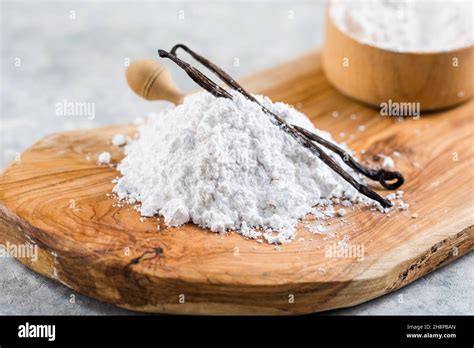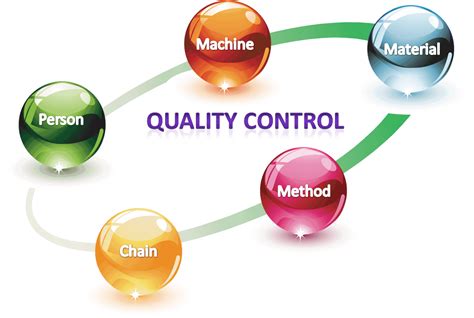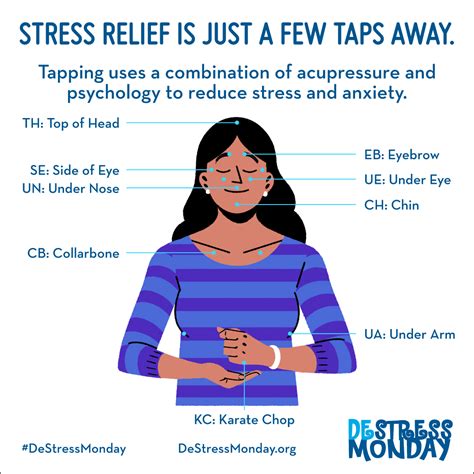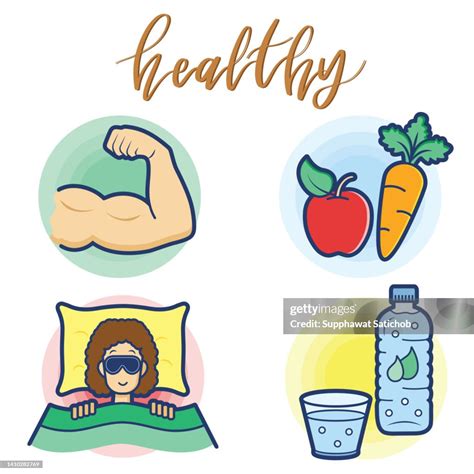What are natural ways to optimize testosterone for improved vitality and drive?

Testosterone, often associated with male virility, plays a crucial role in both men and women’s overall health, affecting energy levels, mood, muscle mass, bone density, and libido. When testosterone levels are suboptimal, it can lead to reduced vitality, lower drive, fatigue, and other undesirable symptoms. Fortunately, numerous natural approaches can help optimize your body’s testosterone production without resorting to synthetic treatments.
Understanding Testosterone’s Impact on Vitality and Drive
Testosterone is more than just a sex hormone; it’s a key regulator of many bodily functions. Optimal levels contribute to robust physical health, mental clarity, and emotional stability. A decline can manifest as decreased energy, difficulty building muscle, increased body fat, reduced sexual desire, and even mood disturbances like irritability or depression. Improving these levels naturally can lead to a significant boost in overall well-being and a renewed sense of vigor.
Diet: Fueling Your Hormones Naturally
What you eat directly impacts your hormonal balance. A diet rich in whole, unprocessed foods is fundamental. Focus on healthy fats, adequate protein, and complex carbohydrates. Healthy fats, found in avocados, nuts, seeds, and olive oil, are essential precursors for hormone production. Lean proteins support muscle growth and repair, which indirectly aids testosterone levels.
Crucial micronutrients also play a significant role. Zinc, found in oysters, beef, and pumpkin seeds, is vital for testosterone synthesis. Vitamin D, obtained through sun exposure and foods like fatty fish, is strongly linked to higher testosterone levels. Magnesium, found in leafy greens and almonds, also contributes to free testosterone availability.

Exercise: The Power of Movement
Regular physical activity is one of the most effective natural testosterone boosters. Specifically, resistance training (weightlifting) and high-intensity interval training (HIIT) have been shown to significantly elevate testosterone levels. Resistance training stimulates muscle growth, and larger muscle mass is correlated with higher testosterone. HIIT, characterized by short bursts of intense exercise followed by brief recovery periods, has also demonstrated impressive results.
Conversely, excessive chronic cardio without adequate recovery can sometimes lower testosterone due to increased cortisol levels. The key is balance and variety, ensuring adequate recovery periods to allow your body to adapt and rebuild stronger.
Sleep: The Ultimate Restorative
In our fast-paced world, quality sleep is often neglected, yet it’s paramount for hormonal health. Most of your body’s testosterone production occurs during sleep. Studies indicate that chronic sleep deprivation can dramatically lower testosterone levels, even in young, healthy individuals. Aim for 7-9 hours of high-quality, uninterrupted sleep per night. Establishing a consistent sleep schedule, optimizing your bedroom environment, and avoiding screens before bed can significantly improve sleep quality.

Stress Management: Taming the Cortisol Beast
Chronic stress leads to elevated levels of cortisol, often called the ‘stress hormone.’ High cortisol levels can suppress testosterone production. Therefore, managing stress is crucial for optimizing your hormonal profile. Incorporate stress-reducing practices into your daily routine such as meditation, deep breathing exercises, yoga, spending time in nature, or engaging in hobbies you enjoy. Finding effective ways to de-stress can have a profound positive impact on your vitality and drive.

Lifestyle Factors: Beyond the Basics
Several other lifestyle choices can influence testosterone levels. Moderate alcohol consumption is generally fine, but excessive drinking can significantly lower testosterone. Avoiding endocrine-disrupting chemicals (EDCs) found in plastics (BPA, phthalates), pesticides, and certain personal care products is also important, as these can mimic estrogen and disrupt hormonal balance. Maintaining a healthy body weight is also critical, as excess body fat, particularly around the abdomen, can lead to increased estrogen production and lower testosterone.
Additionally, ensuring adequate sunlight exposure for vitamin D synthesis and staying well-hydrated supports overall cellular and hormonal function.

Conclusion: A Holistic Approach to Hormonal Harmony
Optimizing testosterone naturally is not about quick fixes but rather a comprehensive, consistent approach to a healthy lifestyle. By focusing on a nutrient-rich diet, engaging in appropriate exercise, prioritizing quality sleep, effectively managing stress, and making conscious lifestyle choices, you can significantly enhance your body’s ability to produce testosterone. This holistic strategy not only boosts vitality and drive but also contributes to overall improved health, energy, and well-being, helping you feel your best naturally.









